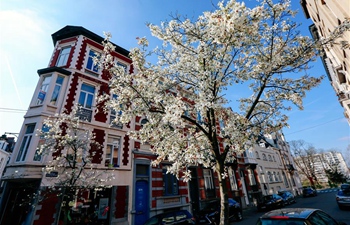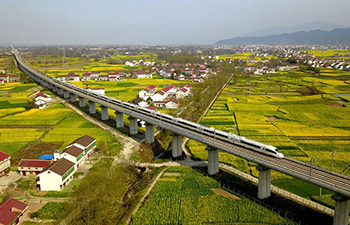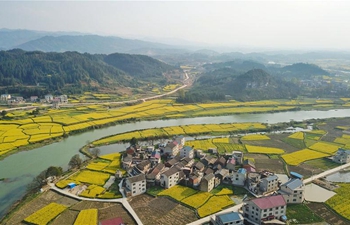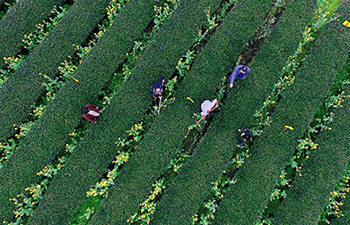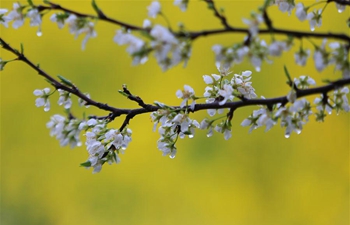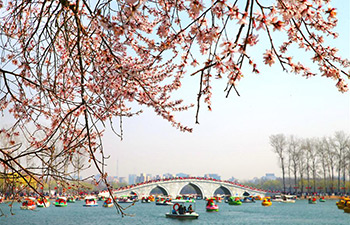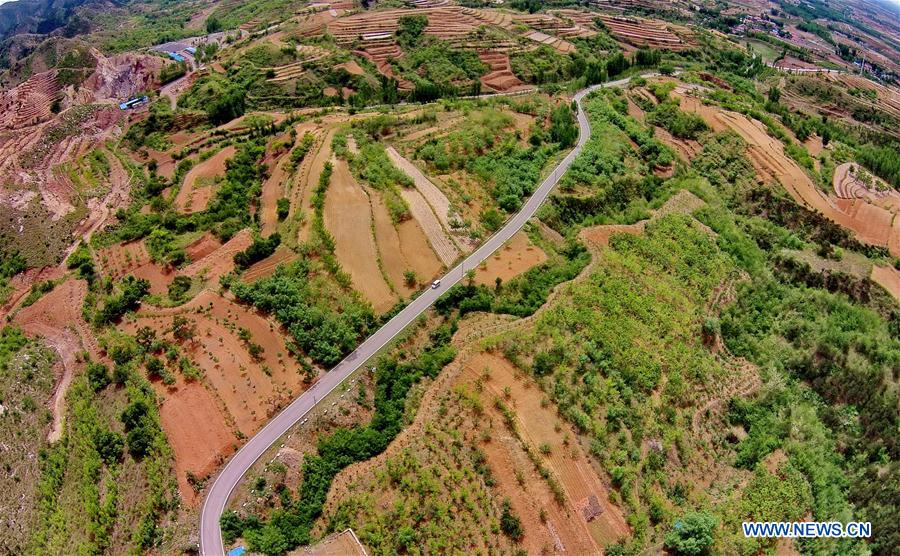
Photo taken on May 16, 2016 shows the scene of Dazhuang Village in Qian'an City, north China's Hebei Province. Local government made efforts in afforestation to improve the eco-environment and generate income for villagers. The world has become a greener place than it was 20 years ago, largely thanks to China's reforestation efforts that are ambitious enough to have a significant impact on the global mission of cutting carbon emissions. Every March 21, the United Nations (UN) raises awareness of the importance of all types of forests, offering an opportunity for countries to reflect on their afforestation efforts. China's progress is noteworthy. A recent Boston University study tracking NASA satellites shows that over the last two decades, "the greening of the planet represents an increase in leaf area on plants and trees equivalent to the area covered by all the Amazon rainforests," with China and India leading the charge. The study also finds the world is getting greener overall, and China alone accounts for 25 percent of the global net increase in leaf area although the country holds only 6.6 percent of the global vegetated area. As a country that once suffered severe desertification, China's progress is stunning and marks a significant contribution to the global community. In 2018, China planted 7.07 million hectares of trees, and the country is home to the world's largest man-made forest. (Xinhua/Yang Shiyao)




